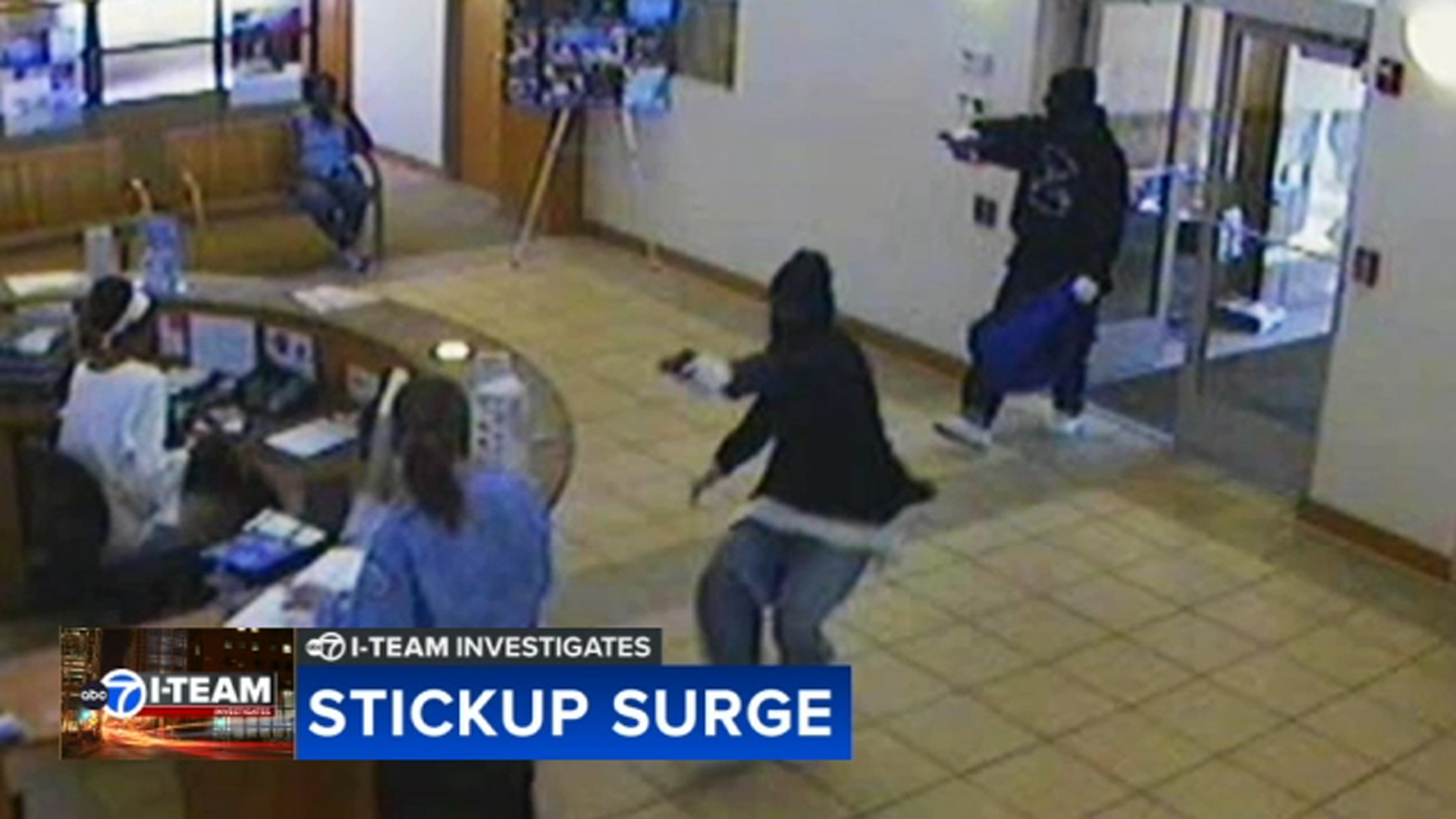Coronavirus US: How dentist appointments may change in response to COVID-19 pandemic

CHICAGO (WLS) -- It's still unclear how COVID-19 may permanently change infection control practices in dental care settings. It's a rapidly evolving situation.
"If I can minimize viral particles in the mouth that's critical," said Dr. Lou Graham as he outlined the new protocols all patients and staff at his Hyde Park dental office will follow from now on, including a rinse to kill the coronavirus if it exists in the mouth.
Patients will wait outside to be called into the office, while the waiting room used to hold 10 people. Now there are two chairs, mostly for decoration.
Patients will be thoroughly screened before coming in. And in the dentist's room, everything is covered in plastic that will be stripped off and replaced after every patient.
"We're also de-fogging the room," Dr. Graham added. "We want the patient to know it's a safe environment."
Some dental offices resumed seeing regular non-emergency patients this week. Finding PPE is a challenge for many. Some are also putting in air purifier systems to help clear aerosols that are used in some dental tools. And that is a concern for some hygienists who generally perform most cleanings.
"Our patients don't wear masks," hygienist Carrie said. "We're in there, we're the highest risk of probably anybody."
All the extra safety measures are also costly and will affect the bottom line for dentists.
"We can't practice the way we used to practice," hygienist Amy Singletary explained. "I'm only going to be seeing four patients a day where we used to see eight."
Dr. Graham is waiting to see non-emergency patients until next week in the interest of safety, not the bottom line.
"We're small businesses and we are fighting the same struggle that all small businesses are," he said.
Dentists say these new procedures mean they will be able to see fewer patients every day and it's possible appointments may be at a premium. They also expect these new procedures to be in place for the foreseeable future.





